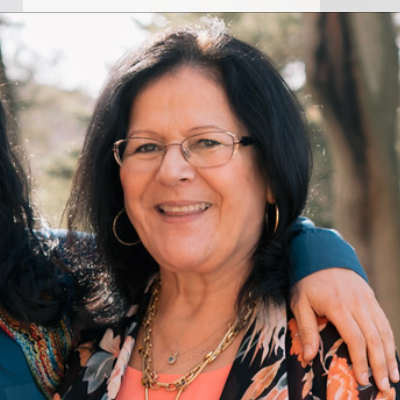Softly Approaching Death: A Delicate Conversation
Grieving is an inevitable part of the human experience, a journey marked by profound losses and the poignant moments that shape our understanding of life. In this article, we delve into the intricate nuances of delivering and receiving news about death, exploring the impact of ‘softly’ spoken words and the ethical responsibilities that accompany such conversations.
Unveiling the Uncomfortable Truth
Loss, particularly through death, is a topic often approached with hesitancy and fear. Those who choose to address it ‘softly’ might not be lying, but they fall short in providing comprehensive information about the inevitability of death and its timeline. This avoidance stems from discomfort and fear, highlighting the need for a more transparent and informative dialogue.
Questioning Treatment Recommendations
Examining agendas becomes imperative when considering recommendations for treatments that may not alter the inevitable outcome. Professionals, whether medical or otherwise, must be introspective, ensuring their advice aligns with the potential for genuine impact. A balance between compassion and clarity is crucial, avoiding both crassness and misleading softness.
Navigating Mistakes: A Humane Approach
Admitting mistakes in delivering such sensitive news is a part of the human experience. When an opportunity to convey the message compassionately is missed, embracing the aftermath becomes essential. Acknowledging the mistake, enduring the other person’s distress, and allowing space for their emotions is a step toward healing.
The Role of Every Heart
Assistance in times of grief is not confined to the medical field. Clergy, friends, family, veterinarians, or anyone with a compassionate heart can offer support without resorting to clichés. The power of genuine words, devoid of unnecessary platitudes, can provide solace to those navigating the tumultuous waters of loss.
The Complexity of Grieving
Grieving has no one-size-fits-all solution. There is no ‘successful’ way to grieve, but numerous paths filled with emotions ranging from sadness to anger. Time, often considered a healing factor, merely offers a choice for the griever to live with the loss. The process varies for each individual, and the use of time is a personal decision.
The Reminder: Carrying Grief Wisely
Carrying grief visibly may hinder personal growth. A reminder to not let grief carve itself on your forehead emphasizes the importance of allowing oneself to heal and move forward. The article encourages embracing the complexity of emotions and finding ways to live with the loss rather than letting it define one’s identity.
Beyond Death: Recognizing Various Losses
Loss extends beyond the death of a loved one; it encompasses the grief associated with losing a pet, significant health, or a lifelong dream. Attention to the diverse forms of loss is crucial, urging individuals to be attentive to the multifaceted nature of human experiences.
Shared Tears, Enhanced Humanity
In concluding this exploration of grief, we extend good tears to those who have faced loss and death. May these tears serve as conduits for heightened love, compassion, and connection with our shared humanity. May they alleviate the intensity of sadness and open the symbolic heart to healing.
FAQs
Is there a right way to grieve?
Grieving has no universal formula; individuals navigate it in unique ways. What matters is finding a path that resonates with personal emotions and healing.
How can non-medical individuals assist in times of grief?
Anyone with a compassionate heart can offer support without resorting to clichés. Genuine words and a listening ear can make a significant difference.
What if a mistake is made in delivering news about death?
Acknowledge the mistake, endure the other person’s distress, and provide space for their emotions. Learn from the experience and strive for improvement.
Does time truly heal all wounds?
Time offers a choice for the griever to live with the loss, but healing is a personal journey. The use of time depends on individual preferences and coping mechanisms.
Is grief limited to the death of a loved one?
No, grief extends to various forms of loss, including the loss of a pet, significant health, or unfulfilled dreams. Recognizing and addressing these diverse experiences is crucial.

